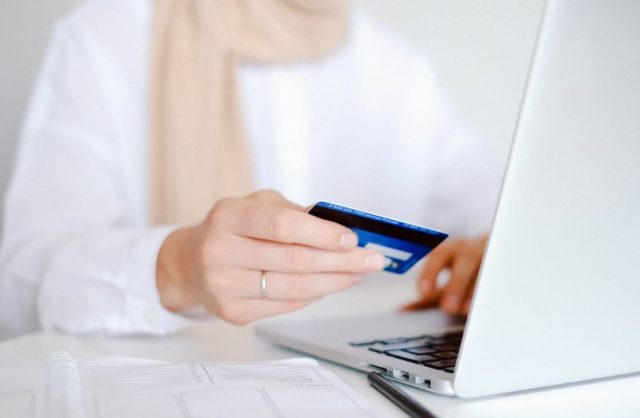There are now a variety of ways to make financial transactions online, with each having their own pros and cons. The best payment method for you will depend on your personal preferences and the reason for the transaction you are making.
Whether you are buying a product from an online retailer, signing up for a subscription service or paying to play your favourite online games, there are a number of options to consider. Here are some of the safest and most popular ways to pay online compared:
Credit cards
Paying using a credit card is often one of the safest ways to make a payment online, this is because the credit card company has equal liability with the seller if there is an issue. Credit cards use a number of techniques to prevent fraudulent activity, including monitoring and encryption to keep payment details and personal information private and secure.
In the United States, you are protected by something known as the Fair Credit Billing Act (FCBA). This means that if a fraudster uses your card, you are not responsible for more than $50 dollars of purchases they make.
In the United Kingdom, credit card users are protected by ‘section 75’ of the Consumer Credit Act when purchasing something between £100 and £30,000. This protection still applies for partial payments, such as making a holiday deposit.
A credit card might not always be the best option for everyone. For example, those that have not been approved for credit. There is also the need to remember to pay off your credit card bill in a timely manner to avoid high interest charges or penalty fees.
Debit cards
Another option is using your debit card to complete an online payment. Just like credit cards, banks and building societies monitor debit card transactions for any indications of fraud and can suspend their use in the event of any suspicious activity.
Debit and credit card transactions are processed in the same way. The process begins when the customer enters their payment information into the website they are making the purchase from, a payment request is then made to the payment card provider who will then pass it on to the issuing bank.
Finally, the bank verifies the transaction and the payment status is updated with the merchant. Two factor authorisation is now often used to prevent an unauthorised individual from using the card.
Debit cards also have some purchase protection guarantees and encrypt sensitive data for privacy protection. Other safety features include geolocation tracking, purchase limits and the use of PIN.
However, debit card transactions if disputed have less options for recourse in comparison to credit cards. They do not help to build your credit like credit cards do and sometimes banks charge foreign transaction fees for purchases made from other countries.
Payment apps
Payment apps cover a wide variety of digital wallet applications, it is likely that you are already using one or more of these. Popular wallets and payment apps include PayPal, Apple Pay, Google Wallet, Skrill, Venmo and Cash App.
Each of these services will have some type of buyer protection program and a process you can follow for disputing a payment. One big advantage of these services is the multiple layers of security they use and the fact that you are also covered by the issuing bank or credit card company in addition to the payment app.
Various businesses now accept major digital payment forms including PayPal and Apple Pay. Most of the leading online casinos are well known for accepting these types of payments, with most players depositing funds using a form of digital e-wallet. This is mainly due to the extra security in place by both the payment provider and the bank. Another benefit of depositing using a digital wallet at an online casino is that there players can link up both the payment and casino app to instantly deposit and withdraw funds.
However, there are some disadvantages to consider with payment apps. For example, they compel you to share personal information with third parties and can be subject to errors and technical glitches.
Furthermore, they can be vulnerable to data leaks and cyberattacks and are not accepted by all online stores.
Direct debits
If you are making a regular payment, such as when signing up to a subscription service. One option that is popular with many is setting up a direct debit.
A direct debit authorises a payment provider to take payments from your bank account when they are due. They are convenient for the customer and the organisation, sometimes the company will even incentivise this method or pass on cost savings to the customer.
They are covered by the Direct Debit Guarantee which means the disputed payments will be refunded. The customer can cancel the direct debit at any time by contacting their bank or building society.
However, one drawback can be that the company can change the payment amount, frequency or date of payment. They are required to notify you before doing this, however if you miss the notification you might be surprised by an unexpected payment.
There is no simple answer to which is the safest payment method as each has their own advantages and risks to consider. You should take time to ensure the websites you are using are reputable and have good security measures in place.










